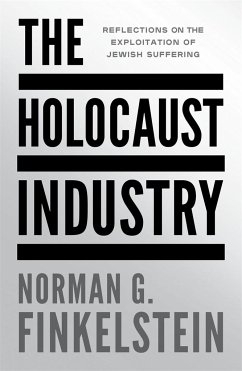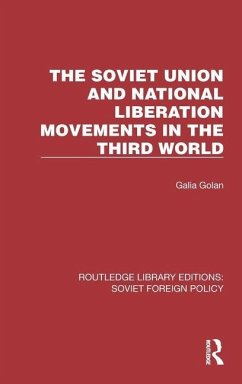
Studying the Holocaust
Issues, readings and documents
Versandkostenfrei!
Versandfertig in über 4 Wochen
50,99 €
inkl. MwSt.
Weitere Ausgaben:

PAYBACK Punkte
25 °P sammeln!
This cross-disciplinary study of the Holocaust has been designed to provide a reference source. It includes: an historical overview and of the Holocaust and the years immediately preceding it; key historical documents, each with a brief introduction; an examination of the nature and extent of the crime of genocide in the modern age; and suggested questions, thematically arranged, together with related bibliographies.
This vital guide provides an educational companion for all those reading about the Holocaust. It will challenge student use of primary resources and encourage extra-disciplinary analysis.














